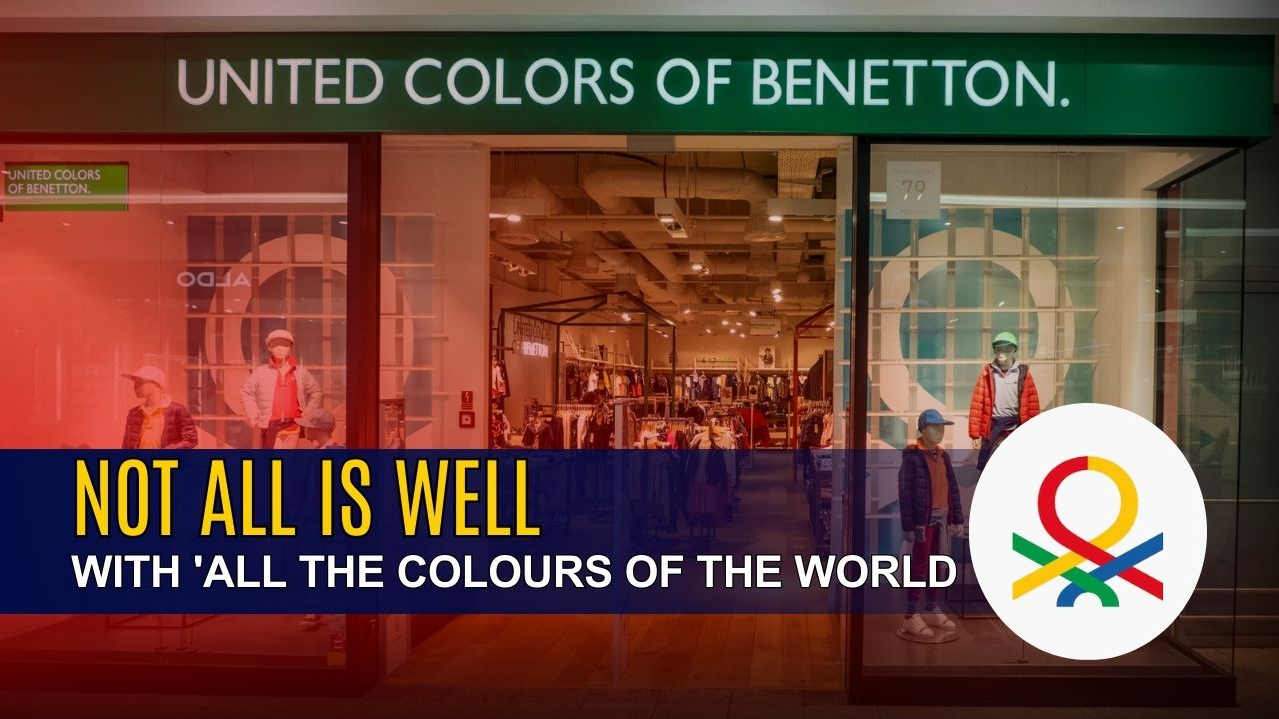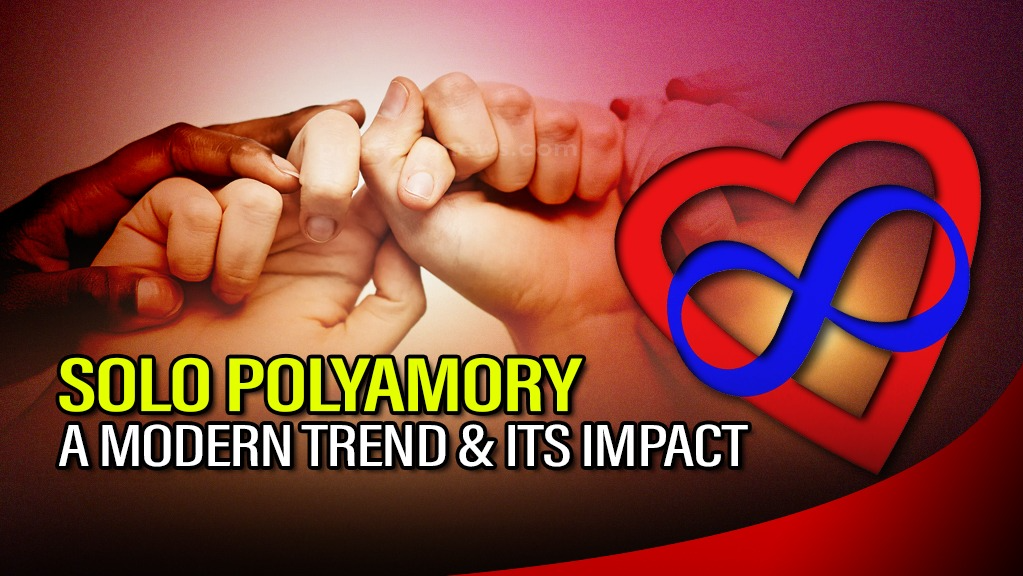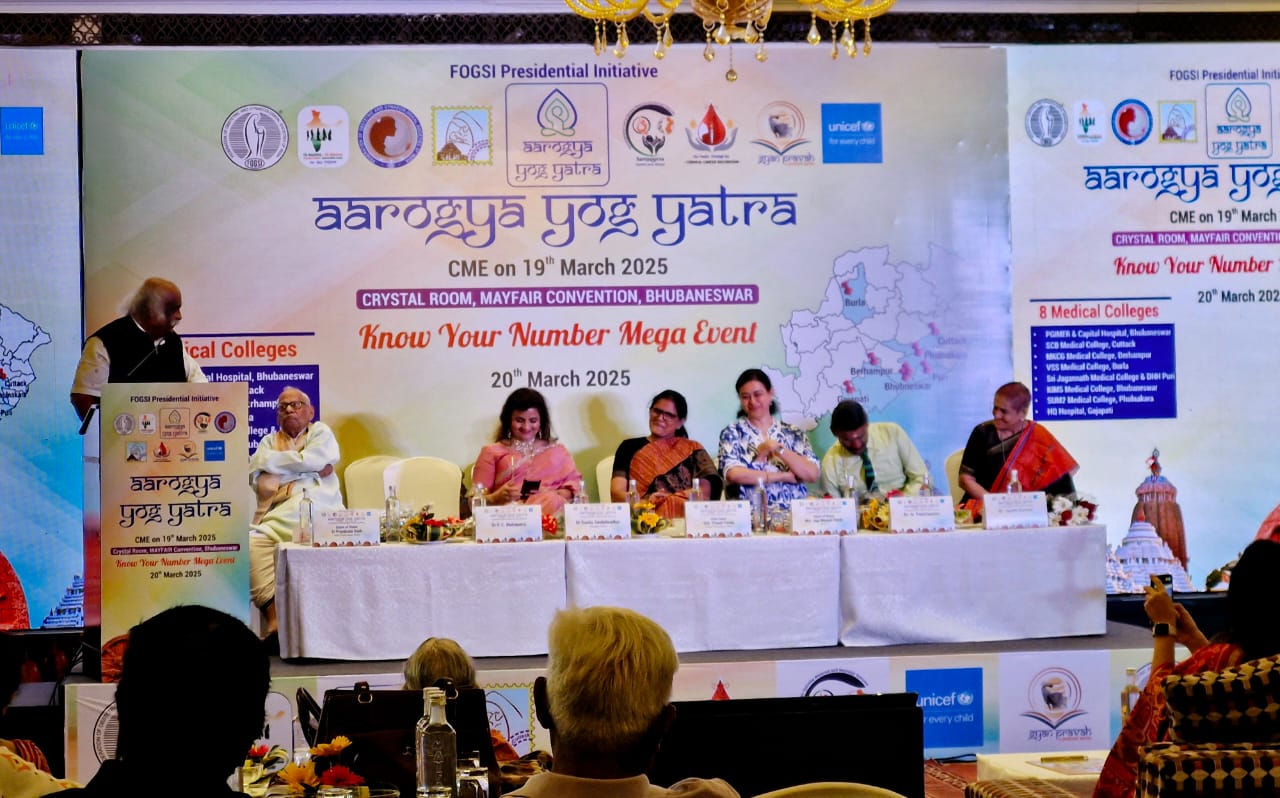Retail Giant struggles with Changing Times
"All the Colors of the World" – the iconic slogan once identified with vibrant fashion is facing a stark reality. Benetton, the Italian clothing brand that became a global symbol of diversity, is struggling with a severe economic downturn, forcing to close over 400 stores worldwide. It’s not another retail closure; but a turning point for a brand that, for decades, stood for more than just clothes. It represented a social statement, a bold embrace of a multicultural world.
Benetton's Colorful Rise
Founded in 1965 in Treviso, Italy, Benetton quickly distinguished itself in the fashion world. Brightly colored knitwear and, more importantly, its groundbreaking advertising campaigns, tackled social issues head-on. Racism, war, and the AIDS epidemic – Benetton's ads weren't afraid to spark controversies, making the brand a unique voice in the industry. During the 1980s and 1990s, Benetton was a fashion powerhouse, its stores a beacon of color and progressive values in cities across the globe.
The Rise of Fast Fashion and a Shifting Landscape
The dawn of the new millennium brought there was a dynamic shift in the fashion industry: the rise of fast fashion. Companies like Zara, H&M, and Primark, with their rapid production cycles and low prices, redefined the market. While offering lower quality, these brands provided trendy clothes at prices accessible to a much wider audience. Benetton, with its established business model and higher price points, struggled to adapt to this new, in the fiercely competitive landscape. Its franchise-based expansion, once a strength, became a liability, contributing to mounting debts that reached a staggering 30 million Euros in Southern Italy alone.
Internal Troubles
Today the company's struggles with internal disagreements between co-founder Luciano Benetton and CEO Massimo Renon: regarding the brand's management and direction. This internal discord deepened the crisis more.
In a bid to salvage the brand, Benetton's management has embarked on a drastic restructuring plan. This plan, while necessary, comes at a significant cost: the closure of 420 stores globally. While 180 stores have already shut their doors, the specific locations of the remaining closures, remains unclear. The impact of these closures will undoubtedly be felt across various communities. Employees will face job losses, and the vibrant presence of Benetton stores will disappear from many cityscapes. The brand has stated that, for the time being, you will still be able to buy their products from their website, where they also have a store locator in case you are one of those who prefers to see the clothes in person.
The path forward for Benetton is undoubtedly challenging. The brand is exploring digital strategies and collaborations with influencers, hoping to regain relevance in a market dominated by social media and online retail. Whether they can successfully navigate this transformation remains to be seen. It will require more than just closing stores; it will demand a fundamental shift in strategy, a re-engagement with its core values, and a renewed connection with a new generation of consumers.
The story of Benetton is a cautionary tale for the fashion industry, highlighting the challenges of adapting to a rapidly changing market. It is a reminder of the power of a brand to stand for something more than just products. As the company fights for the spirit of "All the Colors of the World" – will rekindle soon and carried forward into a new era.




















































